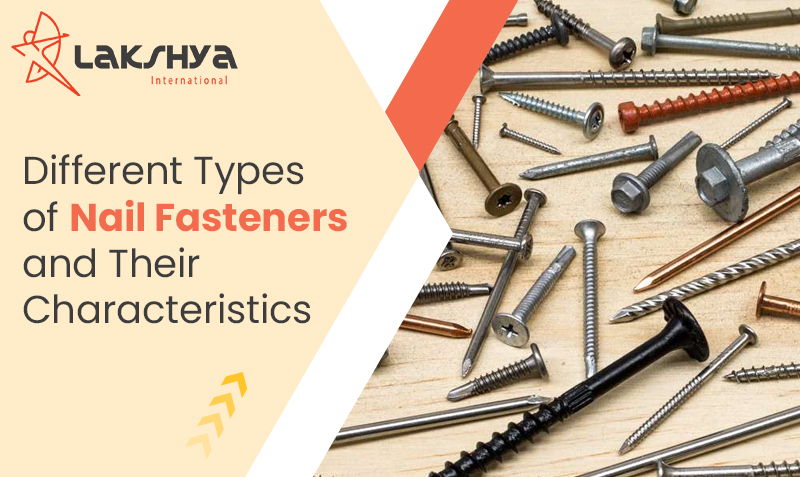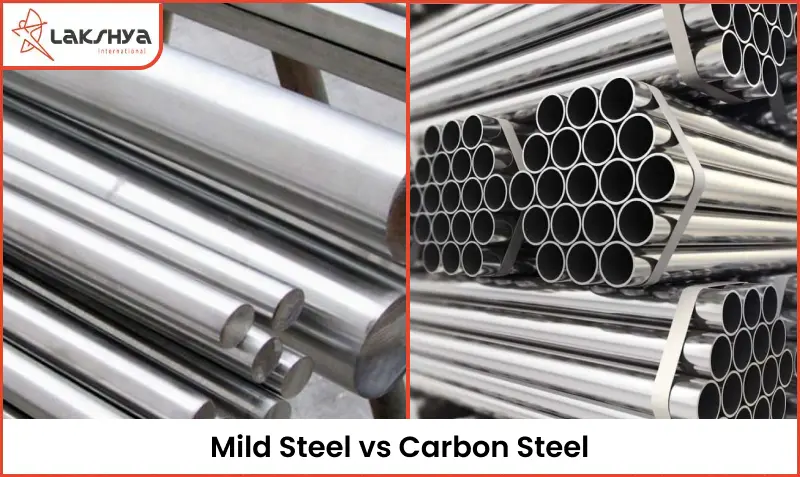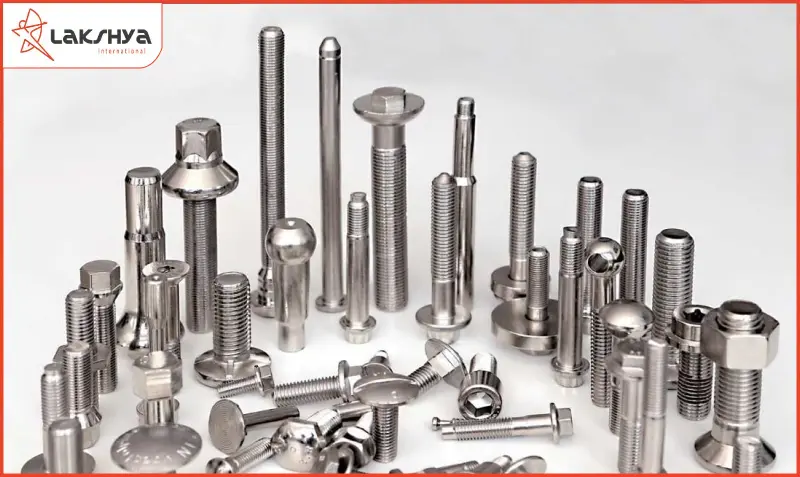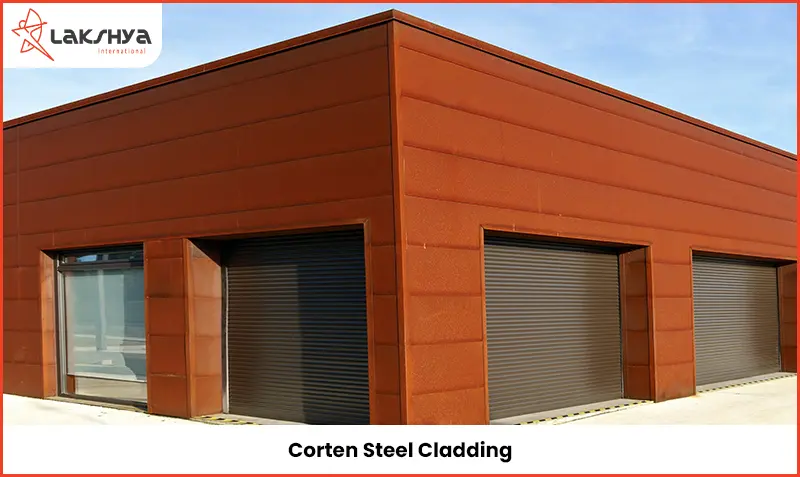Nail fasteners are one of the most common types of fasteners used in construction and woodworking projects. They are simple to use and provide a strong and secure connection between two pieces of material. There are many different types of nail fasteners available, each designed for a specific application.
Different types of Nail fasteners and their characteristics
Here are some of the most common types of nail fasteners and their characteristics:
Common nails:
Common nails are general-purpose nails that can be used for a variety of projects, including framing, construction, and woodworking. They have a medium head and a shank that is slightly tapered. Common nails are available in a variety of sizes, from 1 inch to 6 inches long.
Concrete nails:
Concrete nails are hardened nails that are used for fastening objects to concrete. They have a sharp point and a shank that is slightly tapered. Concrete nails are available in a variety of sizes, from 1 inch to 4 inches long.
Screw nails:
Screw nails have a spiral shank that helps them to grip the material they are being driven into. They are often used for framing and other construction applications.
Roofing nails:
Roofing nails are large, galvanized nails with large heads. They are used for securing roofing materials. Roofing nails are available in a variety of sizes, from 1 inch to 3 inches long.
Brad nails:
Brad nails are very small nails with small heads. They are used for light-duty projects like attaching trim or molding. Brad nails are available in a variety of sizes, from 3/8 inch to 2 inches long.
Finishing nails:
Finishing nails are small, headless nails that are used for finishing work on wood projects. They have a thin shank that allows them to be driven into the wood without splitting it. Finishing nails are available in a variety of sizes, from 1/4 inch to 2 inches long.
Deck nails:
Deck nails are corrosion-resistant nails with large heads. They are used for securing decking materials. Deck nails are available in a variety of sizes, from 2 inches to 3 1/2 inches long.
Coil nails:
Coil nails are used in nail guns and are designed to be driven into wood quickly and efficiently.
Corrugated nails:
Corrugated nails have a ribbed shank that helps them to grip metal and other hard materials. They are often used for roofing and siding applications.
Brass nails:
Brass nails are resistant to corrosion and are often used for decorative purposes.
Shutter nails:
Shutter nails have a flat head and a short shank. They are designed to be driven through shutters and other lightweight materials.
How to choose the right nail fastener for your project
When choosing the right nail fastener for your project, there are a few factors to consider, including:
- The type of materials you are working with: Some nail fasteners are designed for specific materials, such as wood, concrete, or masonry.
- The thickness of the materials you are working with: The length of the nail fastener should be long enough to penetrate both materials and provide a secure connection.
- The type of load the connection will bear: Some nail fasteners are designed for heavy-duty applications, while others are designed for light-duty applications.
How to properly use and install nail fasteners
To properly use and install nail fasteners, follow these steps:
- Select the right nail fastener for your project.
- Mark the location where you want to drive the nail.
- Hold the nail at a slight angle and drive it into the material using a hammer.
- Drive the nail until the head is flush with the surface of the material.
Safety tips for using nail fasteners
Here are some safety tips for using nail fasteners:
- Always wear safety glasses when working with nails.
- Use a nail set to punch a starter hole in hard materials before driving the nail.
- Be careful not to over-drive the nail, as this can split the material.
- If the nail bends, remove it and start over with a new nail.
Conclusion
Nail fasteners are a versatile and effective way to connect two pieces of material. By choosing the right nail fastener for your project and using it properly, you can ensure a strong and secure connection.




